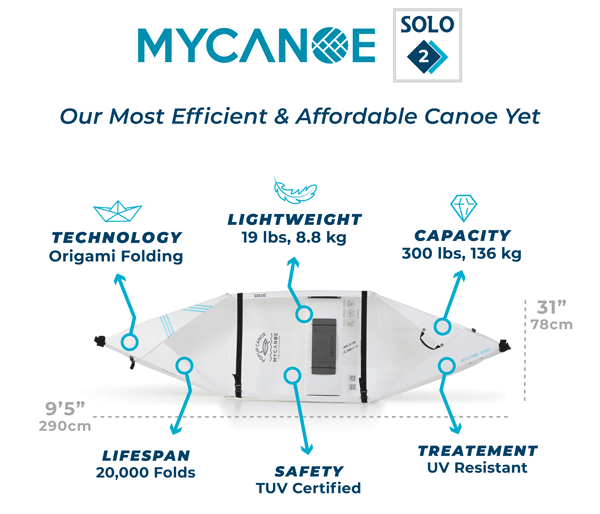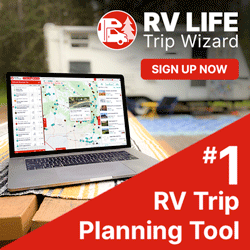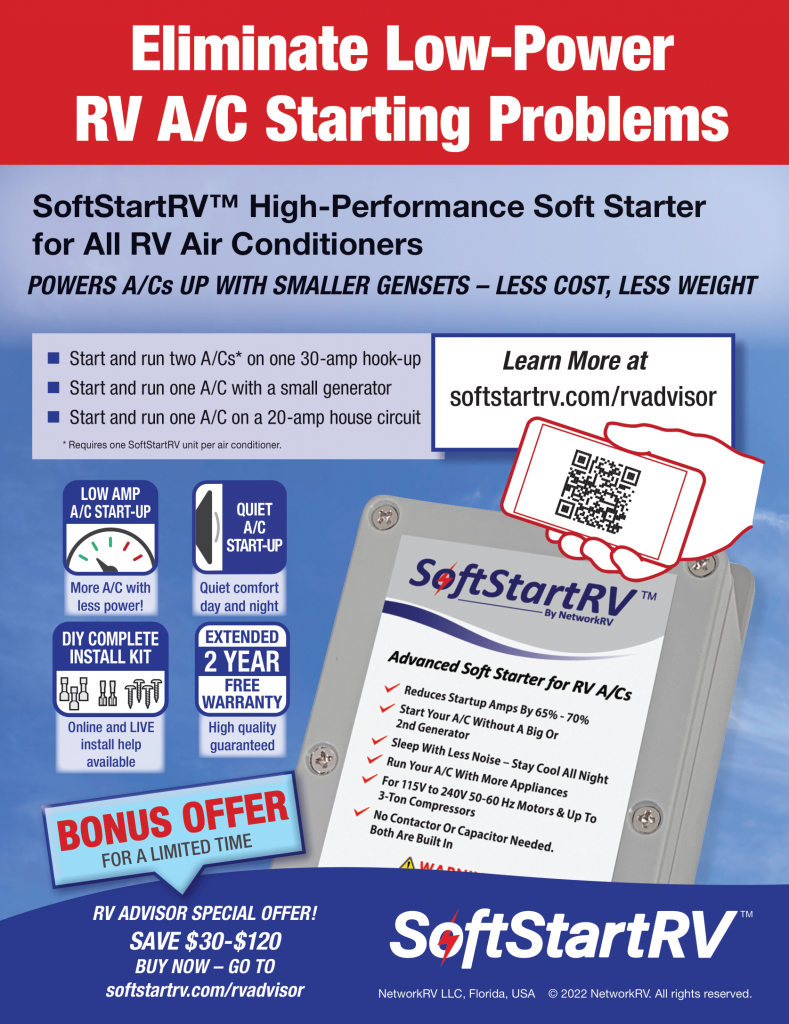About 1 million people in the U.S. now live full time in their RVs
If you’ve been thinking about hitting the open road all year-round, there are many things to consider, not the least of which is telling your family. RV Advisor is here with a plan for how to break the news, as well as practical advice for making a successful transition from a traditional home to a mobile lifestyle.
The stats on full-time RVers
Aside from the 1 million people living full time in an RV, other data shows that 10.5 million households own at least one RV. Half of the new sales are to people under age 45, so it is not just retired folks vacationing around the country anymore. Sometimes the choice is based on economic reasons, but many people appreciate the fact that they’re not tied down to a single location. For them, it’s about redefining what it means to live the American Dream.
How to tell your family
There is probably no easy way to break the news about your plans to live full time in your RV. Of course, the “talk” might be easier if you are nearing or already in retirement. You probably also have retirement savings that will make it easier to live on the road.
For younger adults in the prime of their careers, the choice can be harder to understand. Some family members might question how you will support yourself. The best way to deal with pushback is by presenting a plan for how you will live full time on the road.
Decide when your new living arrangement will commence
Putting a date on your transition from home living to an RV will only happen if you have a timeframe for the move. Having a firm date will give you something to work toward and allow time to plan.
Decide what to do about your current living situation
If you rent, the question may not be difficult. You could let the lease lapse when it comes time to resign. If you ever decide to stop wandering – or perhaps you want to look for a new city/state to live – you can always rent somewhere else. If you own a home, the decision gets more complicated. Will you sell your home or rent it out? Can you afford to keep your home – and maybe a mortgage – and still live comfortably in your RV? Selling a home usually takes a while so you will have to consider the timeline you devised. If you rent your home, you will have to find reliable tenants and also be responsible for upkeep and maintenance. This can prove challenging when you are traveling.
Decide what kind of RV to buy
This may be one of your most important decisions. There are several types of RVs, not to mention sizes. Some are drivable, and others must be towed behind another vehicle. Each type has pros and cons. For instance, a drivable motorhome is cool, but what will you do if you need alternate transportation? Will you tow a car to get around once you’ve parked the RV? If you choose a towable RV, you will need a truck or SUV that can handle the weight.
Do your research
There are many things to consider when choosing to live full time in your RV. Make a to-do list to keep track of everything you need to accomplish. Here are a few things to include on your list:
- Research RVs. We touched on that above.
- Research campgrounds. Where will you stay on the road? How long will you stay in each location? You will need to make reservations beforehand, especially if you plan to stay anywhere long-term.
- Determine how you will earn an income (if you are not retired and still of working age). Can you work remotely for your current employer? Will you be self-employed?
- Research health care options. If you don’t plan to be a full-time employee, you will need to have your own health insurance plan. You will also need to consider a plan that includes coverage across the country.
- Decide on education options. If you plan to travel with school-aged children, how will you ensure their education? Do you plan to homeschool? Will you live in one place for the school year and travel during the summer?
- Choose mail service.
- Cancel utility services.
- Make a plan for Internet service or connection.
De-clutter and downsize
RVs have limited space for storage so you will have to determine what is absolutely necessary to bring. Look at your storage for kitchen items, food, clothes, toiletries, and electronics.
When it comes to clothes, you may need to pack for different seasons, unless you choose to go somewhere with a more temperate climate in the fall and winter. As for the kitchen, you will need to determine the essentials for cooking meals. You’ll want to look into space-saving storage items to maximize what you can bring. There are a lot of foldable or collapsible appliances and cooking items that are designed for RVs and camping.
The decision to live in your RV should not be made lightly. Telling the family will go over better if you follow these tips and create a plan that will enable you to successfully live on the road.
While you’re focused on planning, RV Advisor will focus on keeping your RV protected against the high cost of essential repairs. Our extended warranty covers your newer or older RV throughout the U.S. and Canada! Don’t risk it. Get extended warranty coverage today!































